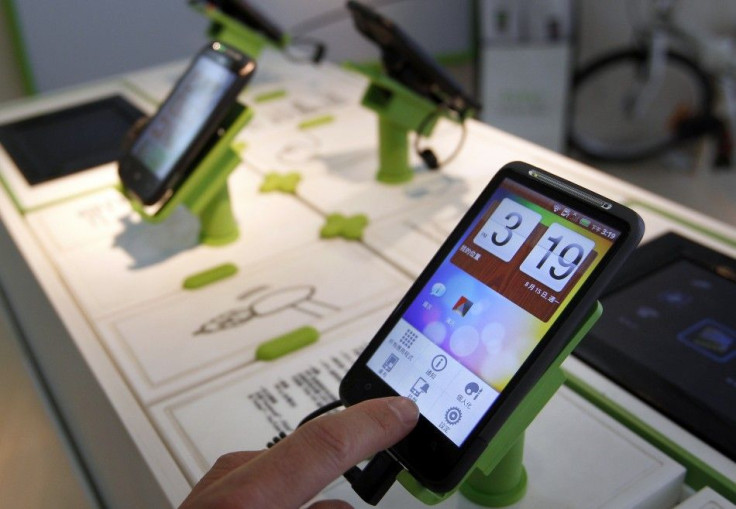Wireless Patents: Five Likely Targets in the Smartphone Wars

Google CEO Larry Page made the goal of his company's proposed acquisition of Motorola Mobility quite clear: The huge patent portfolio in wireless communications that will keep Android a formidable player in the smartphone market.
Google paid a steep price, about $12.5 billion, for Motorola Mobility, whose brand name will bring Google yet another well-known trademark. After all, Google already owns one of the world's most valuable names, one that has entered English as a verb.
"The deal gave Google a three-legged stool," said James Malackowski, Chairman of Ocean Tomo, the Chicago investment bank that specializes in intellectual property. Merging its Android OS with Motorola gives Google entre into the market for wireless handsets as well as the spread spectrum technology.
Assuming the deal is concluded, what other companies could be targeted next? Aside from the principal rivals to Apple in the market like Nokia, Research in Motion and Sony -- all of which could be blocked from a takeover by governments on grounds of national sovereignty, here's a list.
InterDigital, of King of Prussia, Pa., is already for sale. The holder of 1,300 wireless patents announced a self-auction last month, right after Google stopped bidding in the round for patents auctioned by Nortel Networks. With a market capitalization Wednesday of $2.92 billion, the patents might be valuable to someone else, such as Microsoft, HP, or Apple, interested in broadening its reach.
Broadcom, of Irvine, Calif., owns the second-largest number of wireless semiconductor patents after Qualcomm, whose chips are already in most of the world's mobile phones. Broadcom's market capitalization exceeds $18.3 billion, which is formidable. But a hungry acquirer will have deep pockets, anyway.
Conexant Systems, of Newport Beach, Calif., the chip spinoff of Lockheed Martin, was acquired earlier this year by Golden Gate Capital, a private equity investor. Earlier, Conexant had agreed to be bought by Standard Microsystems for about $284 million. It paid a $7.7 million break-up fee. Conexant has a huge portfolio of communications chips and no factory. Like Broadcom, all its chips are made at semiconductor foundries.
Analog Devices, of Norwood, Mass., is one of the world's best-regarded names in mixed-signal processors, analog chips for mobile phones and all kinds of devices, including cell base stations, medical electronics, cameras and defense electronics. With a market capitalization around $9.47 billion, it has long been one of the key rivals of Texas Instruments, the chip giant whose products have long been in Sony and Ericsson mobile sets, as well as many more.
Marvell Technology Group, based in Bermuda but managed from Santa Clara, Calif., is yet another fabless chipmaker with an array of Ethernet, communications and wireless customers. Its technologies integrate many functions onto a single surface, which is crucial in the market for smartphones and tablets. The company's market capitalization is $7.8 billion.
© Copyright IBTimes 2024. All rights reserved.






















